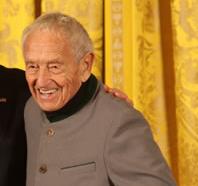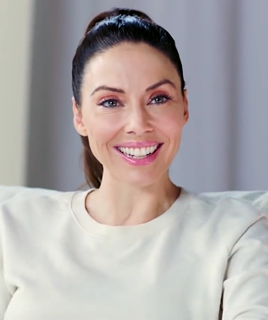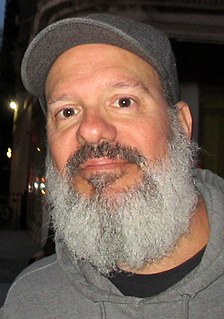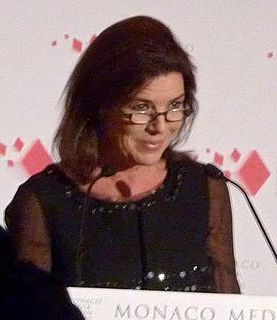A Quote by Cherie Lunghi
I grew up in the Fifties, and the majority of people in my class had fathers living at home. I was very aware that I was in the minority. I had a foreign name, and my daddy didn't come and pick me up from school. I felt like an outsider, which probably helped me as an actress.
Related Quotes
I mean, I've always felt like a lot of people's misconceptions of me have to do with how I grew up. I grew up poor, and I grew up rich. I think some people who have never met me have a misconception that when I was living with my father when he was successful, that I was somehow adversely affected by his success or the money he had and was making at the time.
I grew up in that minority. I grew up in the South, in Roswell, Georgia, and it was heavily white, Baptist, conservative. And the idea that somebody would come there and say those things that I said created an atmosphere where some people would walk out, and suddenly they weren't in the minority. For an hour and a half, they were the majority. So I would argue that it does need to be said.
I grew up with an absolutely horrible, debilitating stutter, and it was what caused me to retreat into myself and caused me to have very few friends and not want to socialize, and it made me absolutely terrified of giving reports in school. It was awful. It wasn't until I was 19 that I had intensive speech therapy. I had it for two years and it really helped, though I will say when I'm tired, the stutter comes out, even now.
Part of me always felt like the other, the outsider, the observer. My father had two sons with his second wife, who I didn't meet until my late 20s. I was always on the periphery. In Madrid, I was the only Turk in a very international school, so I had to start thinking about identity. All these things affected me.




































